A Guide to Choosing an Egg Donor

How to Navigate One of the Most Personal Decisions in Family Building
For many intended parents, the choice to use an egg donor is both a deeply emotional and empowering step on the path to parenthood. Whether due to medical, genetic, or age-related reasons, egg donation offers the opportunity to carry a child and build a family, but it also comes with complex decisions. At Reproductive Centers of America (RCA), we guide individuals and couples through the donor selection process with care, sensitivity, and clarity. Here’s what you need to know when choosing an egg donor.
First, Understand Your Priorities
Choosing a donor is highly personal, and there’s no one-size-fits-all answer. Before browsing profiles, ask yourself:
- What characteristics matter most to me (appearance, personality, education, etc.)?
- Do I want someone who is open to future contact or fully anonymous?
- How important is medical and genetic history?
- Am I comfortable with a known donor (friend or relative), or would I prefer an anonymous or agency donor?
- Do I want someone with a shared cultural, ethnic, or religious background?
Your answers will help you focus on what matters most for you.
What to Look for in a Donor
- Medical & Genetic History
- No significant hereditary diseases
- Comprehensive family medical history
- Carrier screening and karyotyping
- Healthy lifestyle and reproductive history
- Physical Traits
- Some parents seek a donor who shares similar features (skin tone, hair/eye color, height)
- Others are open and prioritize other qualities
- Educational Background & Interests
- Many donors are college-educated, creative, or highly driven individuals
- Personality and values can sometimes be as important as appearance
- Proven Fertility (if applicable)
- Some donors have already donated successfully or have children of their own
- This may increase confidence, but new donors can be excellent too
- Willingness to Be Known
- Some donors are open to future contact (especially important for children born through donation who may want information later in life)
- Others choose to remain anonymous—either option can be valid, depending on your preference
Types of Donors
- Anonymous Donor
Chosen through an agency or clinic. Limited or no personal contact. Information provided via profile. - Open-Identity Donor
The donor agrees to allow the child to reach out once they are of legal age (commonly used in modern family-building models). - Known Donor
A friend, relative, or acquaintance. May involve more legal and psychological considerations.
At RCA, we work with highly vetted donors and can guide you through both fresh and frozen donor cycles.
Legal and Psychological Support
Choosing an egg donor involves more than a profile—it’s a long-term decision with ethical, legal, and emotional dimensions. We provide:
- Legal counseling to establish parental rights and clarify agreements
- Psychological screening and support for both donors and recipients
- Guidance on disclosure if and when you choose to share your story with your future child
Our Commitment to You
This is your journey, your family, and your decision. At RCA, we approach egg donation with compassion, transparency, and personalized care. Whether you’re just starting to explore your options or preparing to match with a donor, we’re here every step of the way.
First, Understand Your Priorities
Choosing a donor is highly personal, and there’s no one-size-fits-all answer. Before browsing profiles, ask yourself:
- What characteristics matter most to me (appearance, personality, education, etc.)?
- Do I want someone who is open to future contact or fully anonymous?
- How important is medical and genetic history?
- Am I comfortable with a known donor (friend or relative), or would I prefer an anonymous or agency donor?
- Do I want someone with a shared cultural, ethnic, or religious background?
Your answers will help you focus on what matters most for you.
What to Look for in a Donor
- Medical & Genetic History
- No significant hereditary diseases
- Comprehensive family medical history
- Carrier screening and karyotyping
- Healthy lifestyle and reproductive history
- Physical Traits
- Some parents seek a donor who shares similar features (skin tone, hair/eye color, height)
- Others are open and prioritize other qualities
- Educational Background & Interests
- Many donors are college-educated, creative, or highly driven individuals
- Personality and values can sometimes be as important as appearance
- Proven Fertility (if applicable)
- Some donors have already donated successfully or have children of their own
- This may increase confidence, but new donors can be excellent too
- Willingness to Be Known
- Some donors are open to future contact (especially important for children born through donation who may want information later in life)
- Others choose to remain anonymous—either option can be valid, depending on your preference
Types of Donors
- Anonymous Donor
Chosen through an agency or clinic. Limited or no personal contact. Information provided via profile. - Open-Identity Donor
The donor agrees to allow the child to reach out once they are of legal age (commonly used in modern family-building models). - Known Donor
A friend, relative, or acquaintance. May involve more legal and psychological considerations.
At RCA, we work with highly vetted donors and can guide you through both fresh and frozen donor cycles.
Legal and Psychological Support
Choosing an egg donor involves more than a profile—it’s a long-term decision with ethical, legal, and emotional dimensions. We provide:
- Legal counseling to establish parental rights and clarify agreements
- Psychological screening and support for both donors and recipients
- Guidance on disclosure if and when you choose to share your story with your future child
Our Commitment to You
This is your journey, your family, and your decision. At RCA, we approach egg donation with compassion, transparency, and personalized care. Whether you’re just starting to explore your options or preparing to match with a donor, we’re here every step of the way.









